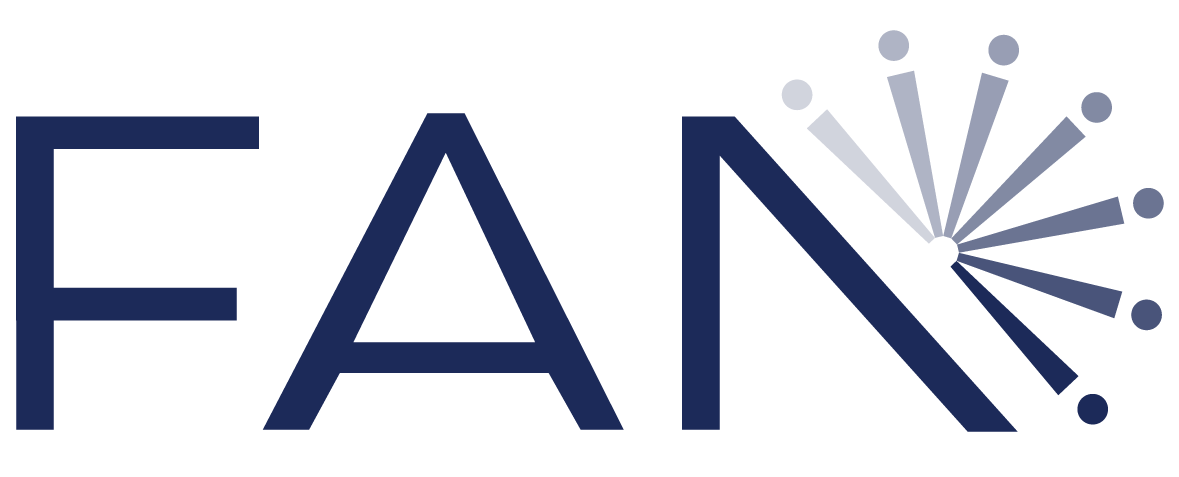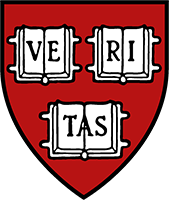with Harvard University’s Center for Workplace Development
Thursday, December 14, 2023
This two-hour virtual workshop focused on conversations that may feel “difficult”, go awry, or end without immediate resolution. Participants were encouraged to reflect on their own real-life examples and embrace a learning stance to expand understanding of the other’s point of view.
During the session they:
Explored Chris Argyris’ “Ladder of Inference” and how it relates to them and these conversations.
Discussed ways to break free of assumptions, increase self-awareness and decrease the tension that causes communication difficulties.
Identified what they can apply moving forward.
WORKSHOP RESOUrCES
VIDEO: “How to Work with Someone you Can’t Stand: The Harvard Business Review Guide,” with Amy Gallo (2023).
SOURCES from session slides and resources:
“One Point Lesson: Advocacy & Inquiry,” Action Leadership Group. A 1-sheet resources about “Getting Team Members’ Rich and Diverse Perspectives,” “Flexing Your Style,” and “Balancing Inquiry and Advocacy with Conversational Moves.”
The Fifth Discipline: The Art and Practice of the Learning Organization, by Peter M. Senge (1990)
Difficult Conversations: How to Discuss What Matters Most, by Stone, Douglas, Patton, Bruce, and Heen (2010)
BOOK SUMMARY: “Difficult Conversations: A High-Level Summary of the Book,” Office of Human Resources, The Ohio State University [PDF]
Ladder of Inference vector illustration, Julee Ashmead, Adobe Stock Images.
INQUIRY & ADVOCACY QUESTIONS
Improving Inquiry:
Can you help me understand your thinking?
What leads you to that conclusion?
What are your thoughts around this topic?
Let me make sure I understand your thinking…
Do I have this right? Your proposal impacts…
I’m wondering about your views because…
Advancing Advocacy:
Share your data, assumptions, and/or describe actions you believe need to be taken.
Here’s what I think and how I got there.
I assumed that…
I believe we need to act because…
I wonder if…
What would keep you from accepting my proposal?
Do you see any disconnects in my thinking?
What are they?
What did I miss?
Surfacing Differences:
Let’s take a moment to:
Help me to understand your concerns…
Say more about…
Discuss why we aren’t on the same page…
Let’s explore how our thinking is different…
Building Alignment:
Work through differences and find common ground:
What do we know for sure?
What information do we need to understand more about the situation?
What assumptions do we have in common?
What do we agree/disagree on and why?
What do you sense is true, but need more data to say for certain?
What other people need to be involved in this discussion?
Let’s go around and have everyone weigh in before we decide.
What are out next steps?
Do we agree/understand/know enough to move forward?
Additional Questions for Discussion or Reflection:
What do you think is working well?
What isn’t working well?
What can I do differently to be more helpful?
On what can we agree?
What are the obstacles as you see them?
What seems like the biggest obstacle?
If we could do one thing to change this situation, what would it be?
What would be the most helpful thing that we could do now?
What’s on your mind? What else?
What’s the real challenge here for you?
If you’re saying yes to this, what are you saying no to?
What do you want and how can I help?
What was most useful for you?
What has worked for you already? How could you do more of this?
What is the hardest/most challenging part of this for you?
What would you gain/lose by doing/saying that?
If someone did/said that to you what do you think would happen?
Which option do you feel ready to act on?
How have you tackled this/a similar situation before?
What support do you need to get this done?
What will happen (or, what is the cost) of you NOT doing this?
What are two actions you can take this next week that would make sense?
What levels of trust might need to be cultivated to help this situation? And with whom?
How could being more appreciative of their personality strengths help with this situation?
What is your level of credibility with this person?
What kind of track record does your relationship have?
Would you feel comfortable asking a trusted person for help?
Would you feel comfortable asking anyone for help?
How receptive to this person’s ideas have you been?
How is this relationship similar to or different from other work relationships?
What kind of influence does this person have? Are they the only decision-maker? Who else has influence?
If you think ahead to the next time you need to request something of this person, what will you do to build goodwill in preparation?
How receptive are you when someone has a similar situation to yours? Do you offer to help them? Could their support at a time like this help you?
What exactly do you want to be different? Can you be very specific?
What similarities between you and this person can you identify?
Are there any cross-cultural misunderstandings? How do you know?
Do you have a multi-pronged strategy or is everything riding on this one item?
When was the last time you felt like you had common ground with this person?
What would you say this person’s top three assets are?
How often do you show appreciation for this person/group?
What is missing from having team cohesion?
What might you plan with this person to build a stronger connection?
What would you say their top three goals are for this year?
How do their goals affect the outcome of your issue?
What would you like to share with this person about why this is so important?
What don’t they know that you haven’t felt like you could share?
What challenges might they have that prevent them from helping you or prioritizing your needs?
About THE WORKSHOP LEADERS
This program was sponsored and led by Harvard University's Center for Workplace Development.
Terry Barton, Director, Employee Learning & Development, has a superpower: connection. Whether she is forming new relationships, helping people connect to new ideas or connecting people across the university, Terry sees how ideas and people are more similar than different and helps others see that too. In her role she works with Center for Workplace Development colleagues to help Harvard team members build the skills they need to navigate today’s evolving workplace and meet their long-term professional goals. Terry brings over 20 years of management, career development and organizational development experience to Harvard and holds a Master of Science in Management and Organizational Development from the University of San Francisco. She is a popular speaker and is a contributing author to the book Savvy Leadership Strategies for Women.
Valy Bayer, Learning and Development Training Specialist, has been at Harvard University since 2007 as part of the Center for Workplace Development (CWD) in Harvard Human Resources and is on the Employee Learning and Development team. As a learning and development training specialist, she is responsible for designing, developing, and presenting workshops to benefits-eligible employees at Harvard University (approx. 15K people). Valy has created and led a multitude of workshops including Leading for Non-Managers, Managing Competing Priorities, Navigating Difficult Conversations, Leadership: Reflecting, Influencing and Taking Action, Managing Up, Power, Influence, and Negotiation, Effective Negotiation Skills, Facilitating Meetings, Influencing without Authority, Insights for Communicating at Work, Succeeding in a Hybrid Work Environment, The Power of a Positive No, Stress-free Productivity, Getting Organized, Being an Effective Faculty Assistant, Excelling as a New Assistant, and Managing Multiple Bosses. In addition to the above titles, Valy collaborates with colleagues to offer equity, diversity, inclusion and belonging workshops and new employee orientation. A former manager, Valy uses both her experience and education to create practical training courses. She holds a master’s degree in human resources from Northeastern University and bachelor’s degree in both Social Science and Psychology from San Francisco State University. She is certified in the Myers Briggs Type Indicator and the Thomas Kilmann Conflict Mode Assessment.
Chelsey Platt Angelone, Senior Training Program Manager, designs and delivers professional development training workshops for Harvard University employees. An experienced trainer to participants spanning North America, Europe, and Asia, she has a strong passion and understanding of adult learning. Chelsey has her Master of Arts from Emerson College in Communication Management and her Bachelor of Arts in Communication and Interpersonal Relations from University of Hartford. Chelsey is originally from Philadelphia and is an avid Philadelphia sports fan.
Harvard’s Center for Workplace Development (CWD) provides expertise in attracting and developing staff members, cultivating and growing leadership, and preparing teams, staff, and leaders to succeed today and in the future. CWD accomplishes this by providing high-quality classroom instruction, online learning, and coaching for employees at all levels to learn new skills and prepare for organizational changes; creating effective recruiting strategies to identify qualified applicants for current and anticipated needs; identifying and developing internal talent and supporting career development; and coaching leaders and consulting with clients to increase organizational and individual effectiveness.




